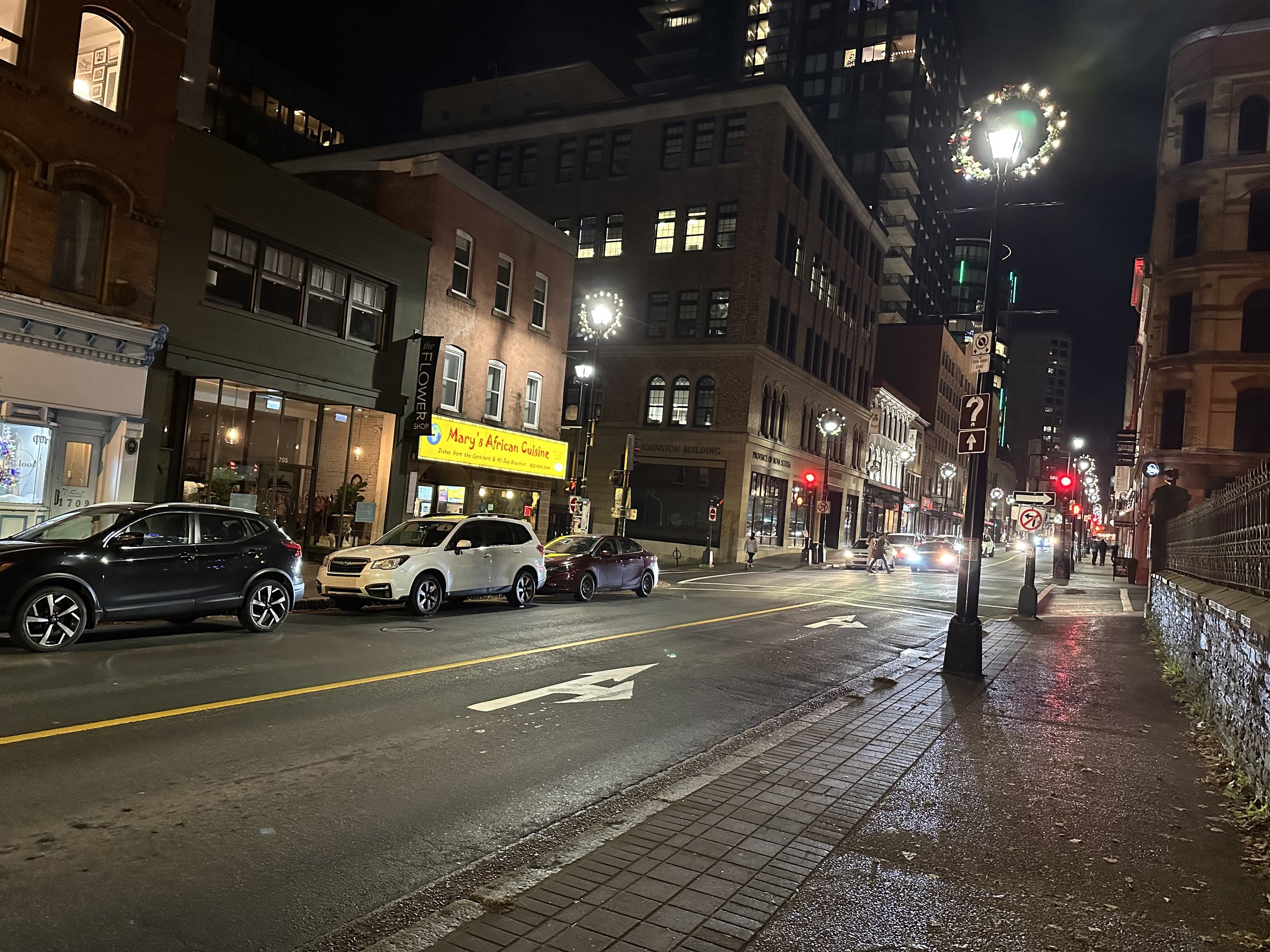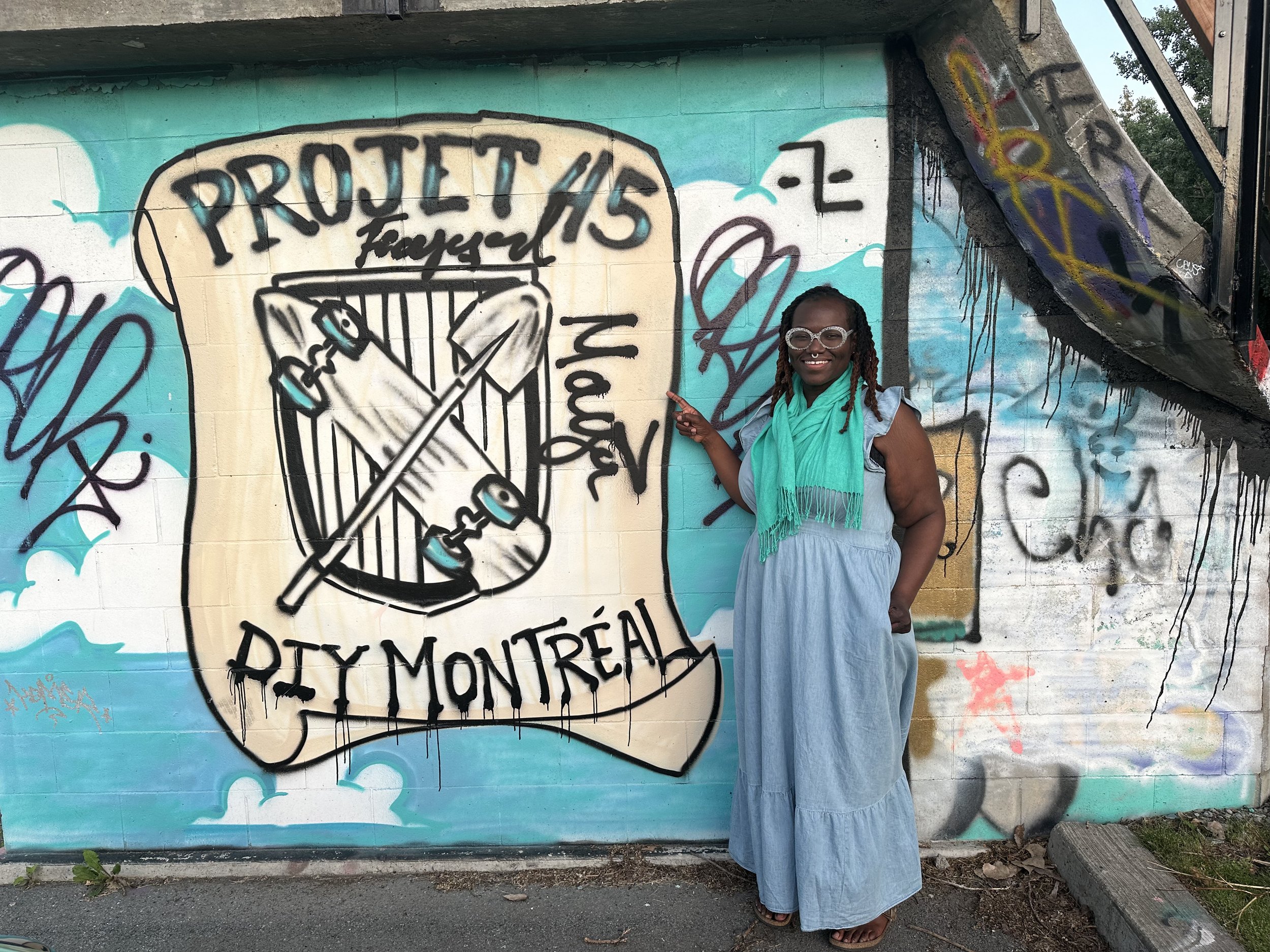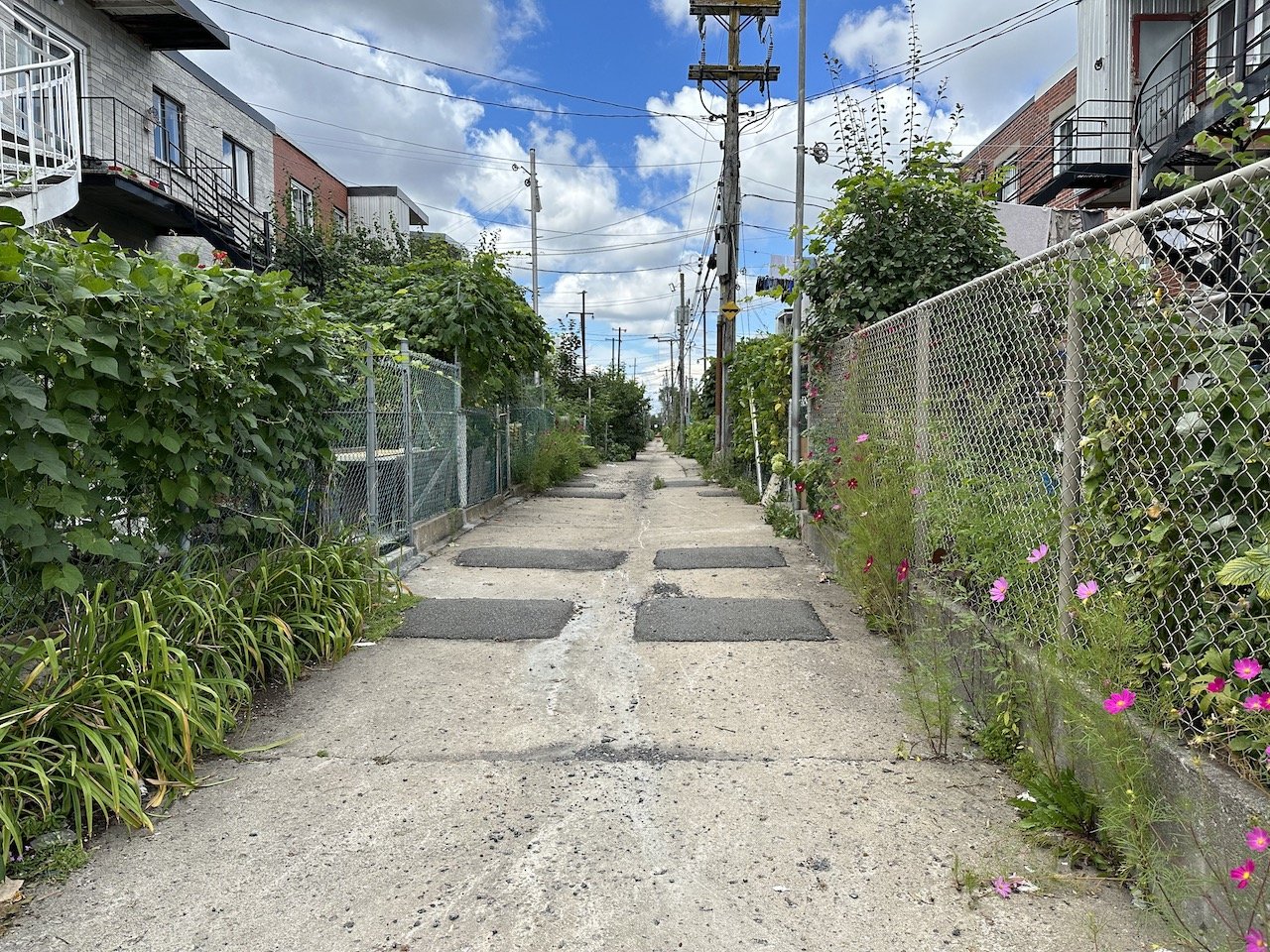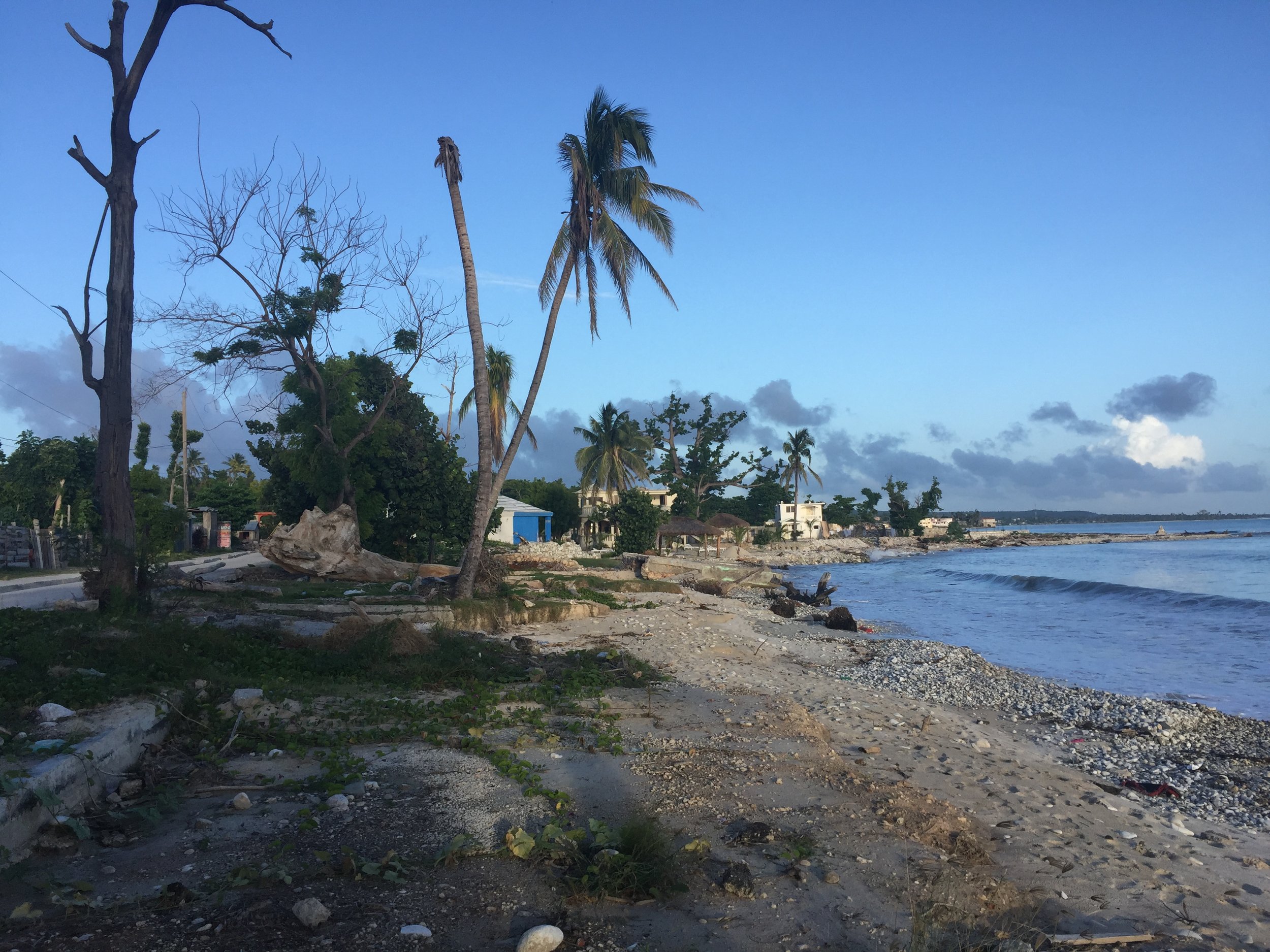
This Canadian Community Shows the Key to Thriving Black Urbanism
Op-ed: For Black urbanism to thrive, it needs proximity to Afrocentric social, physical and economic infrastructure.

Kominote sa a nan Kanada bay sekrè pou ibanis nwa a mache byen epi grandi
Opinyon: Pou ibanis nwa a mache byen epi grandi, fòk li nan lantouray yon seri enfrastrikti sosyal afwosantrik, enfrastrikti fizik ak ekonomik tou.

Cette communauté canadienne montre la clé pour un urbanisme noir prospère
Article d’opinion: Pour que l’urbanisme noir prospère, il a besoin d’être proche d’infrastructures sociales afrocentriques, physiques et économiques.

This Canadian Community Shows the Key to Thriving Black Urbanism
Op-ed: For Black urbanism to thrive, it needs proximity to Afrocentric social, physical and economic infrastructure.

Transnational Hip-Hop: Reflections of Haiti
Hip-hop was not born solely in the Bronx, argues Sophonie Milande Joseph in “Transnational Hip-Hop: Reflections of Haiti.” Joseph draws attention to the genre’s origins within multiple Black North American communities, here focusing in particular on the “RapQuéb” hip-hop scene in Montreal, Quebec. In Villeray-Saint-Michel-Parc-Extension (VSP), a largely Haitian ethnic enclave, rap artists have used music, video, and photography to wrestle with difficult planning and policy issues. By creating public art that records and broadcasts Black Urbanism experiences, RapQuéb’s transnational hip-hop culture grapples with, and broadcasts, these community struggles.

Building Worlds In-Between
The master’s tools will never dismantle the master’s house (Audre Lorde). So, with what practices, what education, what imagination, will we build a different city?

How Domestic Elites and Foreign Meddling Undermine Haitian Democracy
To understand the rise and fall of Jovenel Moïse, we must understand the forces that propped him up.

Trust and Hometown Associations in Haitian Post-Earthquake Reconstruction
The 7.0 magnitude earthquake on January 12, 2010 in Haiti reawakened in the diaspora a strong sense of purpose to focus efforts beyond family remittances towards regional and national development.

Haitian Women’s Experiences of Recovery from Hurricane Matthew
On 4 October 2016 Haiti was struck by a category five hurricane, the strongest such storm in over 50 years. Hundreds were killed and over 1.4 million made homeless. A household survey of 2,792 households was undertaken between 11-21 October 2016. Repeat surveys were taken with a selection of households in December 2016 and February 2017. The survey demonstrated that Haitians were severely affected by the storm, with more than 67% claiming to be made homeless or forced to temporarily relocate. The survey also underlined the importance of food security, particularly among female respondents. A worrying sign is that more than 50% of the respondents were not aware that the storm was coming and less than 6% evacuated beforehand. This assessment offers critical insight into the dynamics of emergency and the impacts of the aid effort.
